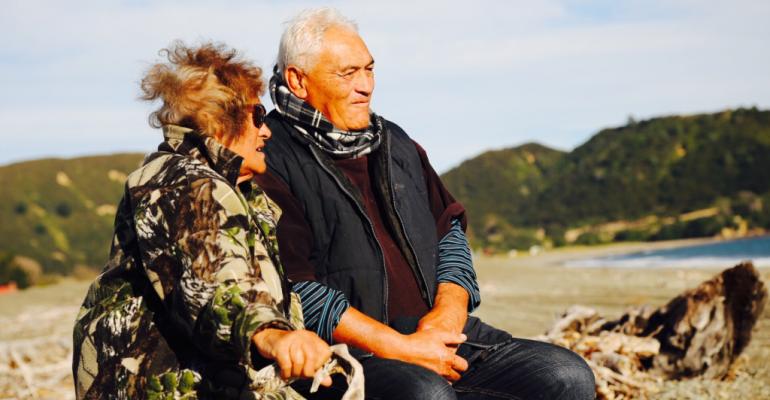- Vision Mātauranga
Research Programme
- Marino Tahi
- View the full team
Project Lead
-
Budget
$250,000 -
Duration
January 2018-June 2019
-
Completed project
Climate-friendly, high-value crops for the whānau of Omaio
Sustainable and efficient water and land resource management and use in the Omaio land-development catchment
The whānau and landowners of Omaio have for many generations been sustained by ancestral lands, forests, rivers and the moana, all of which bear tīpuna names.

The coastal lands of Omaio hold some of the most productive soils – those deep, loamy Te Kaha soils – in New Zealand. Coupled with warm temperatures, relatively even rainfall and frost-free days, Omaio has ideal growing conditions for high-value horticulture crops like kiwifruit. However, these lands have been utilised for low-value maize. Maize growers provide no employment for whānau and contribute nothing to growing the local economy.
Research has already established that shifting from low to high-value crops could generate significant income, create a hundred local jobs for whānau and 500 jobs across the wider district. Nevertheless, extreme weather events and longer, dryer summers mean that the whānau of Omaio (represented through Te Rau Aroha Charitable Trust) needed to better understand their future climate, before investing in climate dependent crops.
A range of climate change impacts may affect the viability of particular crops – for example, sea-level rise resulting in salt-water intrusion, the likelihood of insufficient winter chilling or of strong winds, and the availability of water to support crop irrigation.
This project sought to provide the community of Omaio with the tools and training to monitor essential climate and hydrology data, as well as irrigation management tools, so they could better consider and respond to changing climatic conditions. Our project ran individual and group workshops to inform decision making around the use of water both for community purposes and for both commercial applications.
This is one of three priority projects identified by the Iwi Leaders Forum. We’re also engaged closely with regional council and large horticultural companies to ensure the project was viable and that its research findings could be broadly shared. This project sought to integrate the best science and research about climate, climate change and land use planning, in order to grow a local economy in Omaio that is environmentally, economically and culturally sustainable.
This project in the media:
- The living net: kai in a changing climate, The Spinoff Ātea
- Climate scientists guide Māori growers, Waatea News
- Deep South Challenge project to explore climate-resilient crops for East Coast settlement, Radio NZ
- Kiwifruit project excites eastern BoP Māori, Radio NZ
PROJECT TEAM
-
Marino Tahi
-
M.S Srinivasan
NIWA -
Graham Elley
NIWA -
Peter Insley
Te Rau Aroha Trust -
Darcel Rickard
NIWA -
Paula Blackett
NIWA